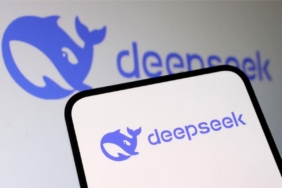Anthropic has launched its new hybrid-reasoning AI models, Claude Opus 4 and Claude Sonnet 4, which are specifically designed for coding tasks and addressing complex challenges.
According to the company, Claude Opus 4 represents its most advanced AI model to date, capable of executing long-duration tasks for numerous hours. During testing by customers, Opus 4 was able to work independently for a full seven hours, greatly enhancing the capabilities of AI agents. Anthropic further claims that this new model is the “best coding model in the world,” citing benchmarks that illustrate Opus 4’s superiority over Google’s Gemini 2.5 Pro, OpenAI’s o3 reasoning, and GPT-4.1 in various coding tasks and while utilizing “tools” such as web searches.
In contrast, Claude Sonnet 4 focuses on affordability and efficiency, making it more suited for general tasks and serving as an upgrade to the previously released 3.7 Sonnet model from February. Anthropic asserts that Sonnet 4 provides enhanced coding and reasoning capabilities along with improved accuracy in its responses. Both models exhibit a 65 percent reduction in the likelihood of opting for shortcuts or loopholes to complete tasks compared to the 3.7 Sonnet version, and they perform better in retaining critical information for extended assignments when given access to local files.
New to both Claude 4 models are “thinking summaries,” which simplify the chatbots’ reasoning processes into clear insights for users. An additional feature, currently in beta, offers “extended thinking” that enables users to toggle the models between reasoning and tool-usage modes, enhancing response performance and precision.
Both Claude Opus 4 and Sonnet 4 are accessible through the Anthropic API, as well as on Amazon Bedrock and Google Cloud’s Vertex AI platform. They are part of the paid Claude plans that also include the beta extended thinking feature. Currently, only the Claude Sonnet 4 model is available for free users.
Additionally, Anthropic has made the Claude Code agentic command-line tool available to the public after a limited preview earlier this year. The company plans to implement more regular updates for its models as it seeks to maintain competitiveness against other industry players such as OpenAI, Google, and Meta.







